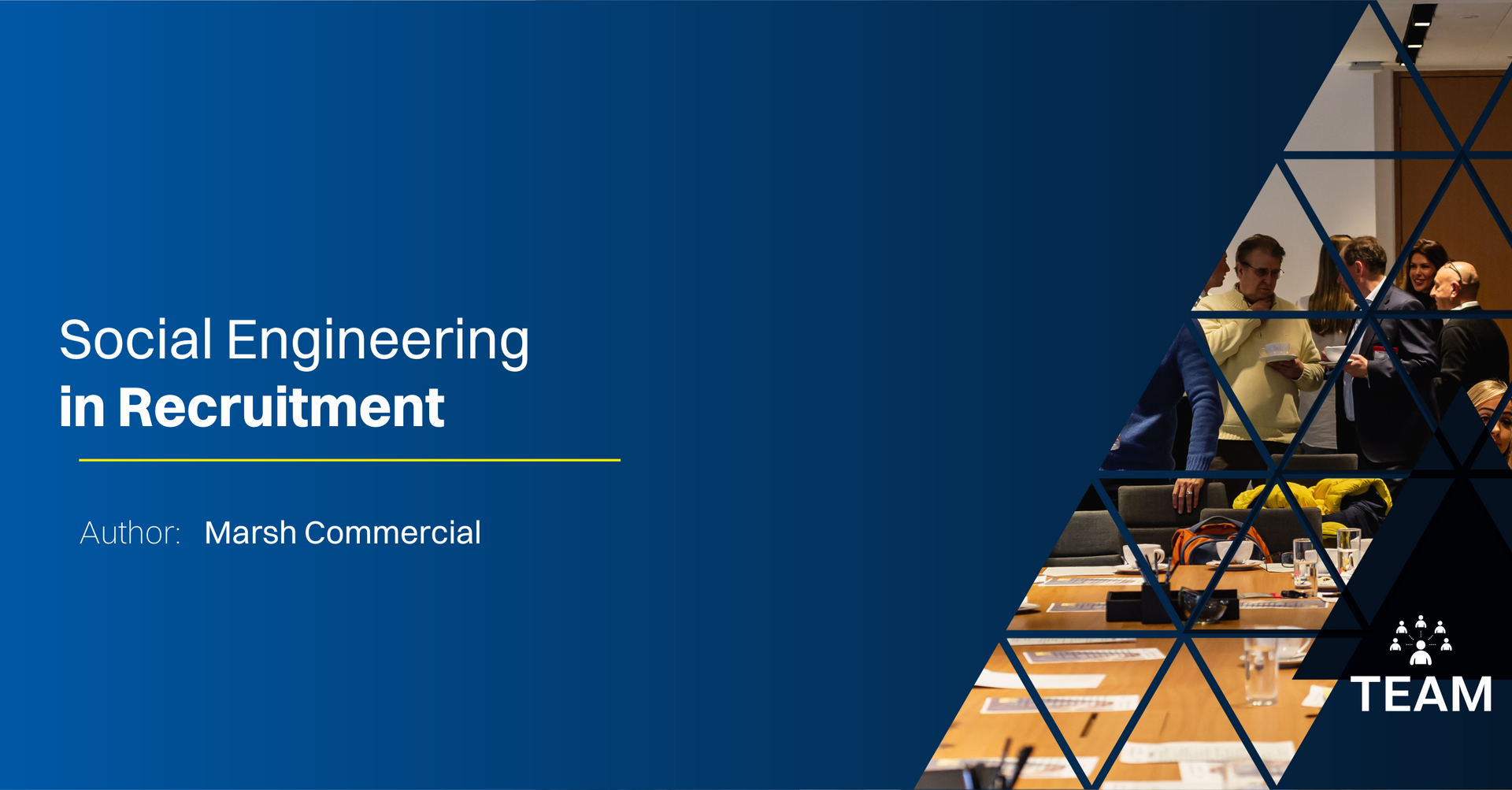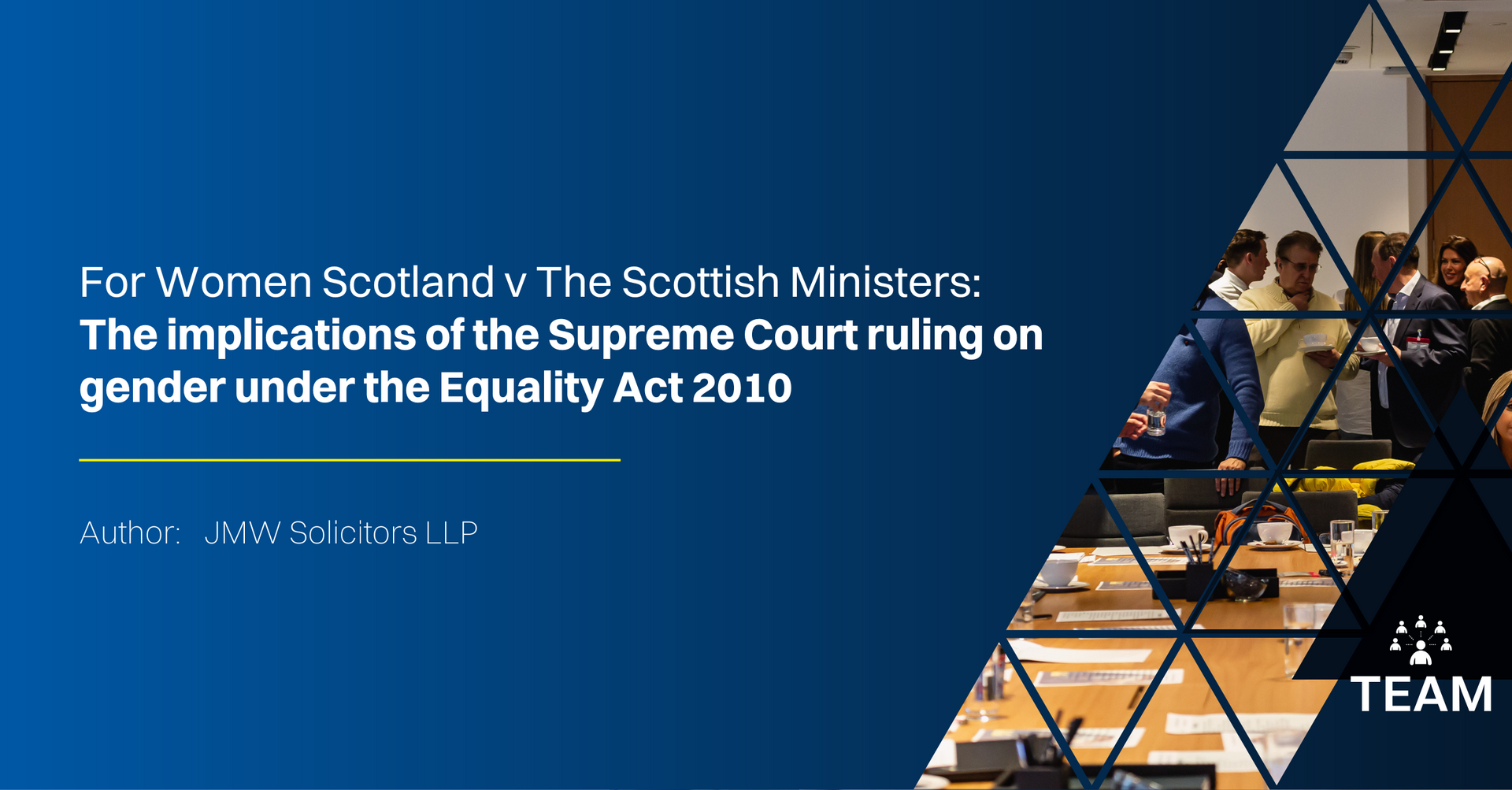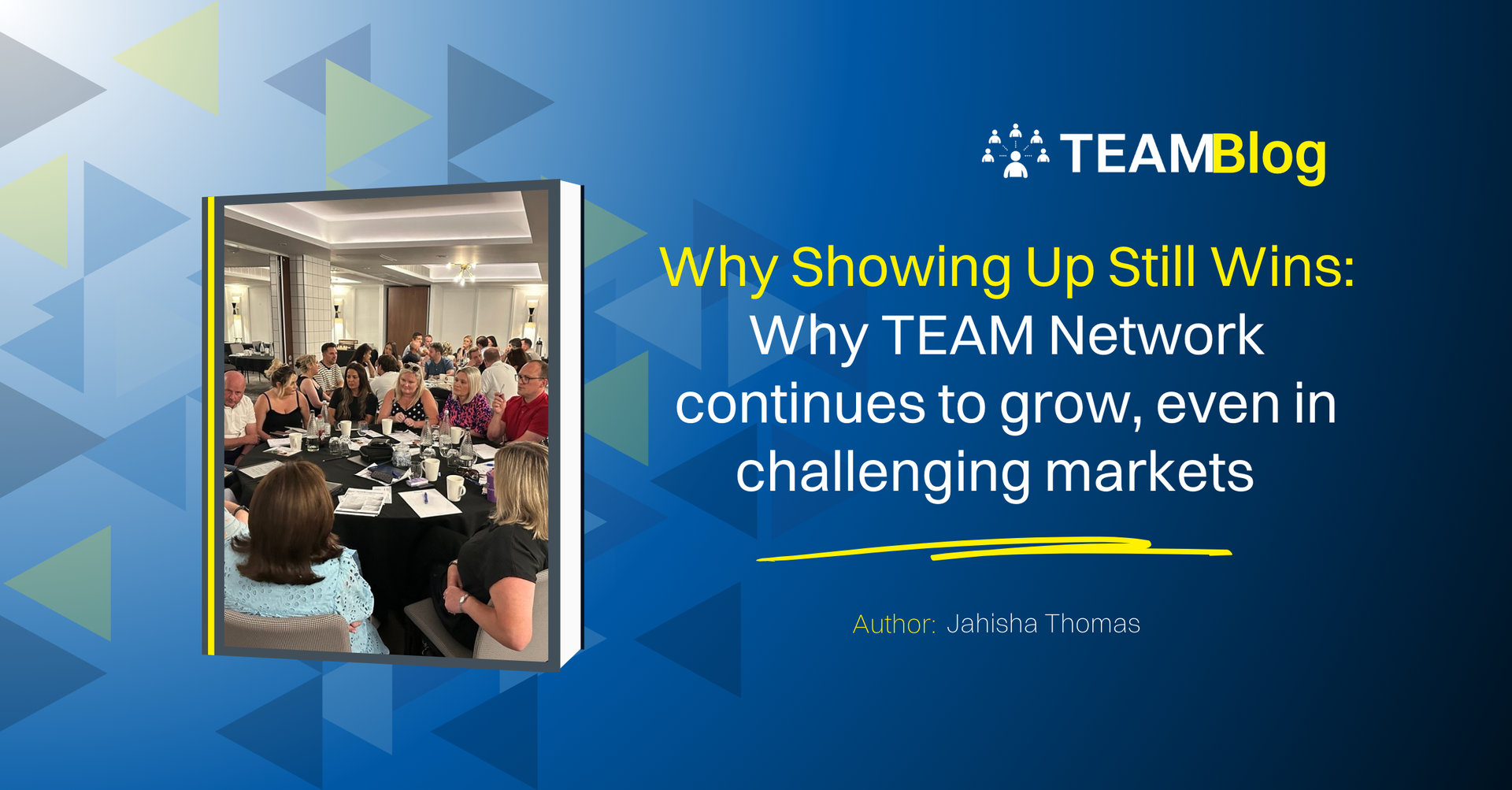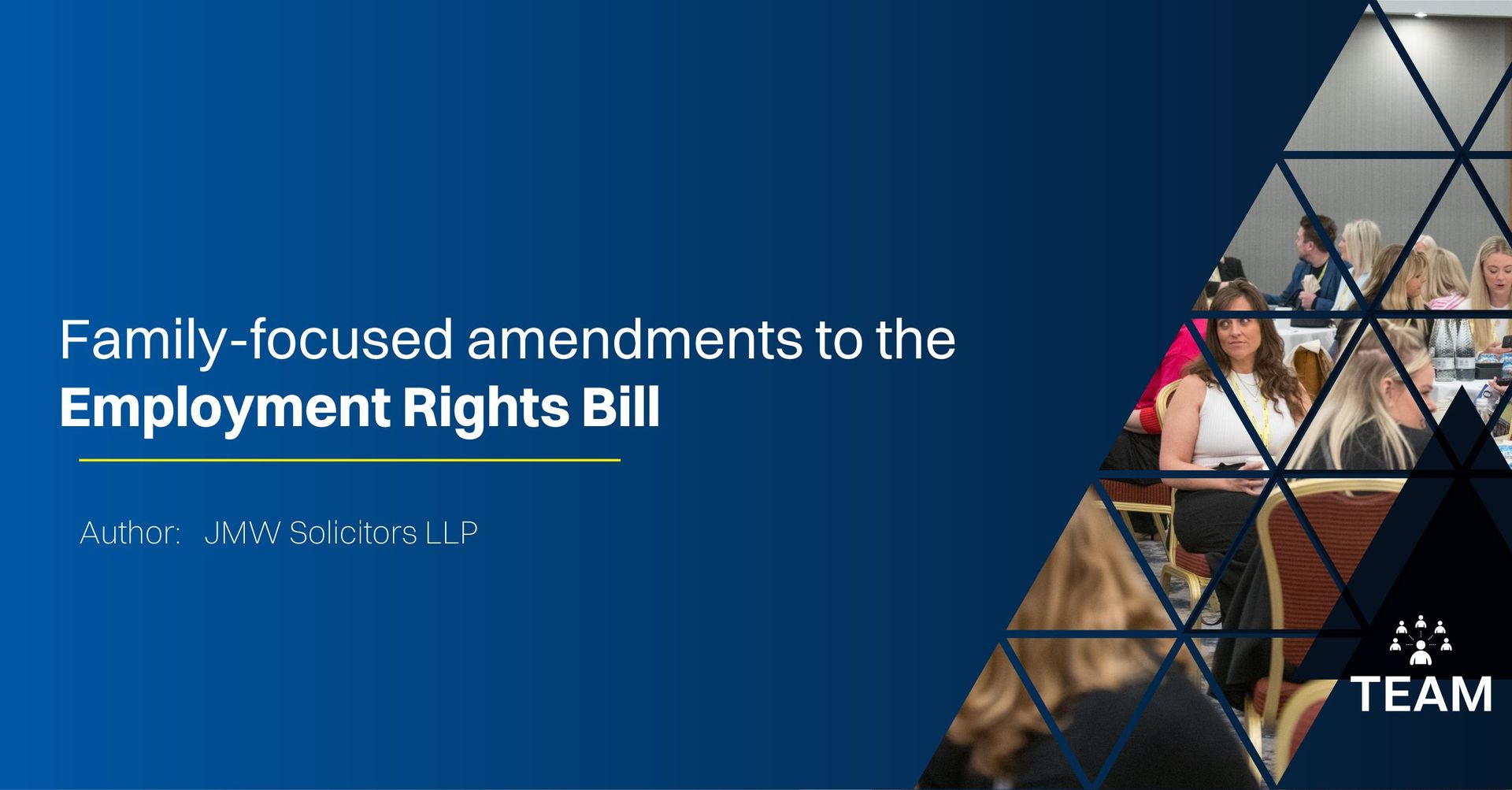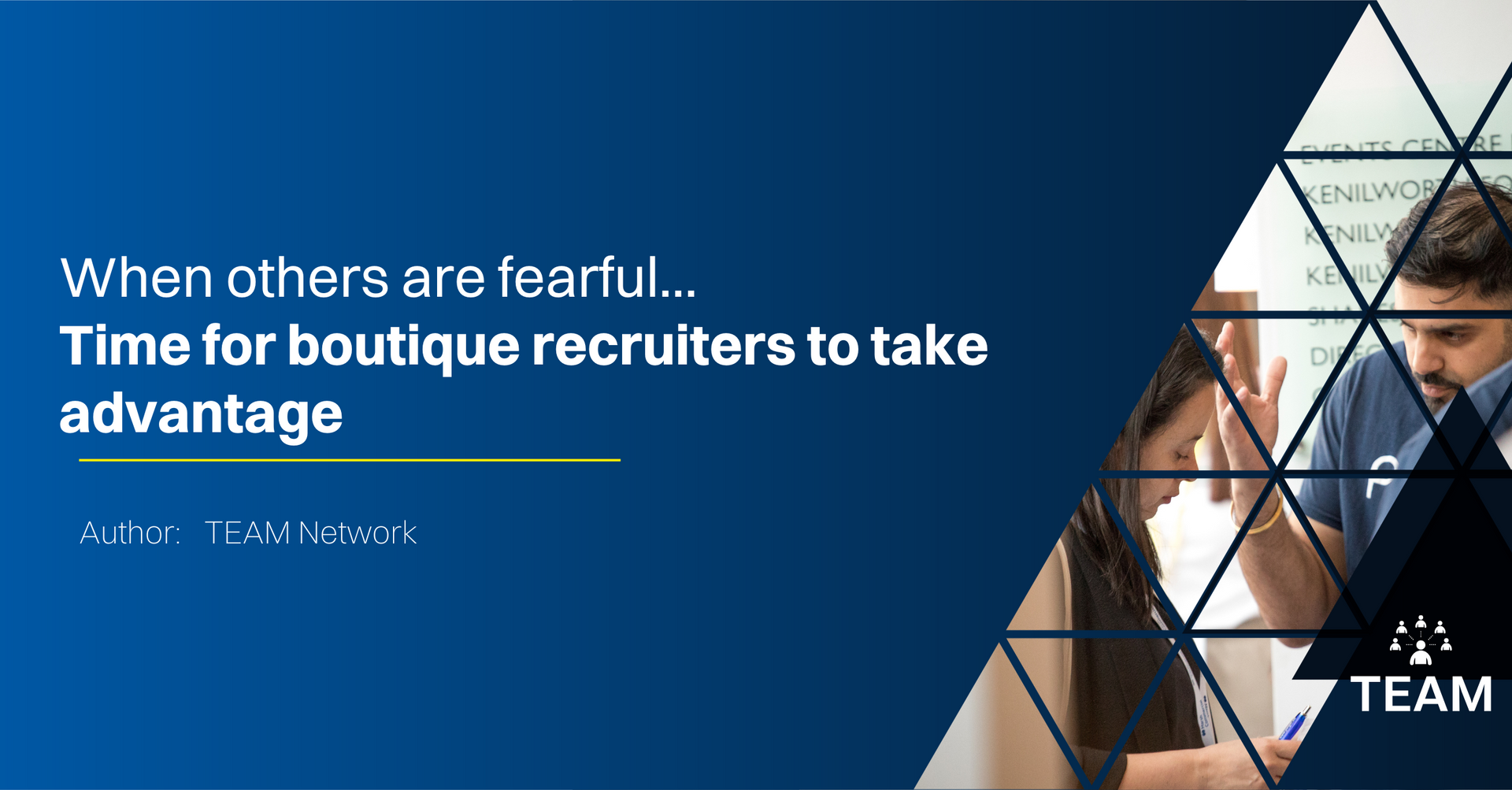Outsourcing or Using Agency Workers?
Here’s Why Mach Recruitment Ltd v Oliveira Matters
In Mach Recruitment Ltd v Oliveira, the Employment Appeal Tribunal (EAT) considered whether a service provision change under the Transfer of Undertakings (Protection of Employment) Regulations 2006 (TUPE) had occurred when one agency replaced another in supplying workers to a client.
The central issue was in connection with Regulation 3(a)(i), whether there was an “organised grouping of employees” whose principal purpose was to carry out activities on behalf of a client.
Mrs Oliveira had originally been employed by G-Staff Ltd, a temporary work agency, under a contract of employment, due to the application of the Swedish derogation. She worked exclusively at Butcher’s as an Alutray Operative, alongside a consistent group of other agency workers.
When Mach Recruitment Ltd (‘Mach’) took over the supply of workers to Butcher’s in July 2018, she continued in the same role under Mach. The Employment Tribunal found that this constituted a service provision change under TUPE, as the group of workers supplied by G-Staff had been organised to perform tasks specifically for Butcher’s, and Mach had assumed responsibility for those same activities.
Mach appealed, arguing that the Tribunal had erred in law. They contended that the group of workers had not been deliberately organised by G-Staff to serve Butcher’s but had instead formed organically due to operational circumstances. They also argued that the Tribunal had relied too heavily on the testimony of Mrs Oliveira, without properly considering their own evidence. Mach maintained that the fluctuating number of workers and the nature of agency work meant that no stable or intentional grouping existed.
The EAT rejected these arguments. It held that the Tribunal had correctly applied the law and was entitled to find that an organised grouping existed. The EAT clarified that a formal or deliberate structuring of employees is not required to satisfy the definition under TUPE. What matters is whether, immediately before the change, there was a group of employees whose principal purpose was to carry out activities for a particular client.
The consistent deployment of Mrs Oliveira and her colleagues to Butcher’s, and the continuity of their roles, supported the conclusion that such a grouping existed.
The EAT also addressed the evidentiary concerns raised by Mach. It found that the Tribunal had properly evaluated the evidence available and had not erred in relying on Mrs Oliveira’s account, especially given that Mach had failed to present compelling evidence to the contrary. The Tribunal’s finding that she worked with the same group of people throughout her time at Butcher’s, except for occasional replacements, was considered typical of agency work and sufficient to establish the existence of an organised grouping.
In dismissing the appeal, the EAT reaffirmed that TUPE protections apply to agency workers employed under contracts of employment, and that service provision changes can occur even in the context of temporary work arrangements. The judgment emphasised that the nature of the working arrangement, rather than the formality of its organisation, is key to determining whether TUPE applies.
Why is this case important?
Understanding the significance of Mach Recruitment Ltd v Oliveira is crucial for businesses especially those that rely on outsourced services or agency workers, who are employees because it clarifies how TUPE applies in real-world service transitions.
The case confirms that TUPE protections can apply even when workers are supplied by agencies and there is no formal structure or explicit intention to organise them into a client-specific team. What matters is whether, in practice, a consistent group of workers is assigned to carry out activities for a particular client.
This has major implications for businesses that change service providers. If the outgoing provider had a stable group of workers performing tasks for the client, and the incoming provider takes over those same activities, TUPE may require the new provider to inherit those employees along with their employment rights. Businesses must therefore be alert to the risk of inheriting employees and associated liabilities when outsourcing or retendering services.
It also means that businesses should ensure their contracts with service providers clearly address TUPE responsibilities and that they conduct proper due diligence before any service transition. Failing to do so could result in unexpected legal obligations, disruption to operations, or disputes over employment status.
Article written by TEAM Principal Lawyers JMW Solicitors LLP
